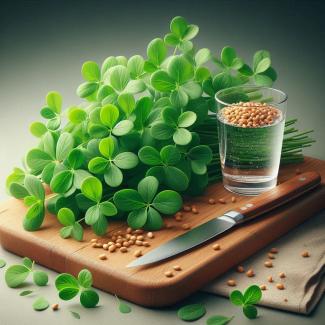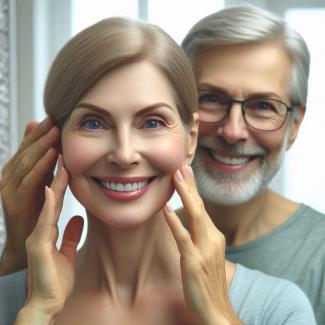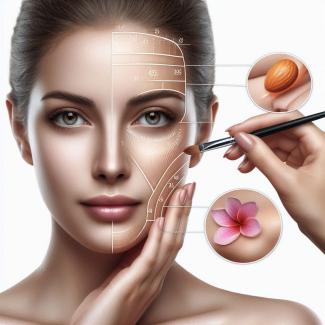
Retinoids are a class of compounds derived from vitamin A, and they are widely used in dermatology for their ability to improve skin health and appearance. While it's true that retinoids can have a positive impact on the skin, it's important to clarify the mechanisms through which they work.
- Stimulation of New Skin Cells: Retinoids can promote the turnover of skin cells by increasing the rate at which new skin cells are produced and older cells are shed. This is especially useful in the treatment of acne and the improvement of skin texture and tone. By encouraging the formation of new, healthier skin cells, retinoids can help reduce the appearance of blemishes, fine lines, and wrinkles.
- Collagen Production: Retinoids can also stimulate collagen production in the skin. Collagen is a protein that provides structure and elasticity to the skin. As we age, collagen production naturally decreases, leading to the formation of wrinkles and sagging skin. Retinoids can boost collagen production, which can result in firmer and more youthful-looking skin.
However, it's worth noting that retinoids can be potent and may cause skin irritation, redness, and peeling, especially when first starting to use them. It's essential to use them as directed by a healthcare professional or dermatologist, and to start with a lower concentration and gradually increase it as your skin becomes accustomed to the product. Sun protection is also crucial when using retinoids, as they can make the skin more sensitive to UV radiation.
Different types of retinoids are available, both in over-the-counter and prescription forms, and they vary in strength and effectiveness. The specific retinoid and its concentration will determine the extent to which they stimulate new skin cell growth and collagen production. Always consult with a healthcare professional for personalized advice and recommendations regarding the use of retinoids on your skin.






